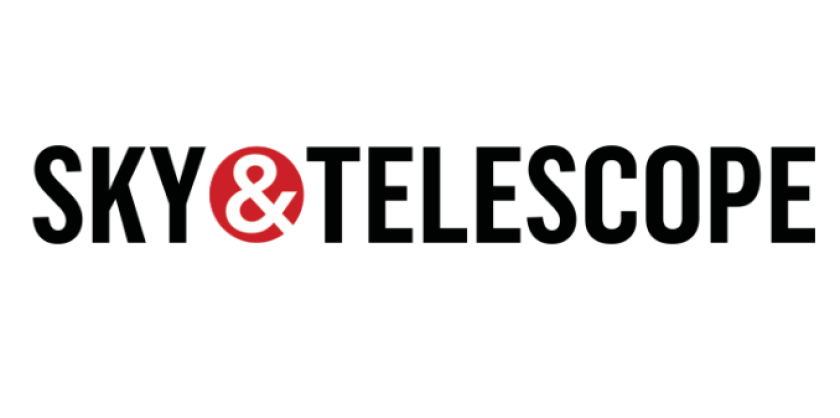New Scanner May Allow More Liquids Through Airport Security
Thousands of travelers each day must surrender their water bottles, toothpaste, shampoo containers and dozens of other liquids to Transportation Security Administration officials at airport security check points.
In August 2006, authorities in the United Kingdom arrested a group suspected of planning to blow up several airplanes using homemade liquid explosives. Their plan was thwarted, but in the aftermath of the attempt, the TSA banned all liquids in carry-on baggage in the U.S. By September 2006, the TSA implemented the 3-1-1 rule, allowing passengers to carry on liquids in containers no larger than 3.4 ounces and placed in one 1-quart transparent, plastic bag. This restriction remains today.
Now, a new machine developed by physicists at Battelle, a nonprofit research-and-development company in Columbus, Ohio, may allow travelers to hang on to their liquids through security checkpoints, no matter what their size.
The machine, called the LS10, allows authorities to determine if a liquid is safe or a potential explosive. “We developed a library of basically what the bad liquids would look like and we compare those signals to what we get on our system,” said Wes Pirkle, a senior research scientist at Battelle.
Physicists combined two technologies to create the cutting-edge scanner, which gives a clear view of what’s insidealmost any type of container. First, radio pulses identify the container material, such as plastic, metal, or glass. Then, an ultrasound wave passes through the liquid. Within 3-4 seconds, it returns information on the container’s chemical properties and compares them to a database of harmful substances.
Containers of shampoo or a soda would pass the L-S 10’s test, but something like a bottle of acetone would trigger “ an audible alarm that goes off and it identifies the threat type, in this case, is a flammable precursor,” explained Pirkle.
The LS10 has already been approved for use by the European Union and is set to be used in airports overseas when their liquid ban lifts in January 2014. Battelle is working with the TSA in the U.S. to begin trials at airports across the country.


